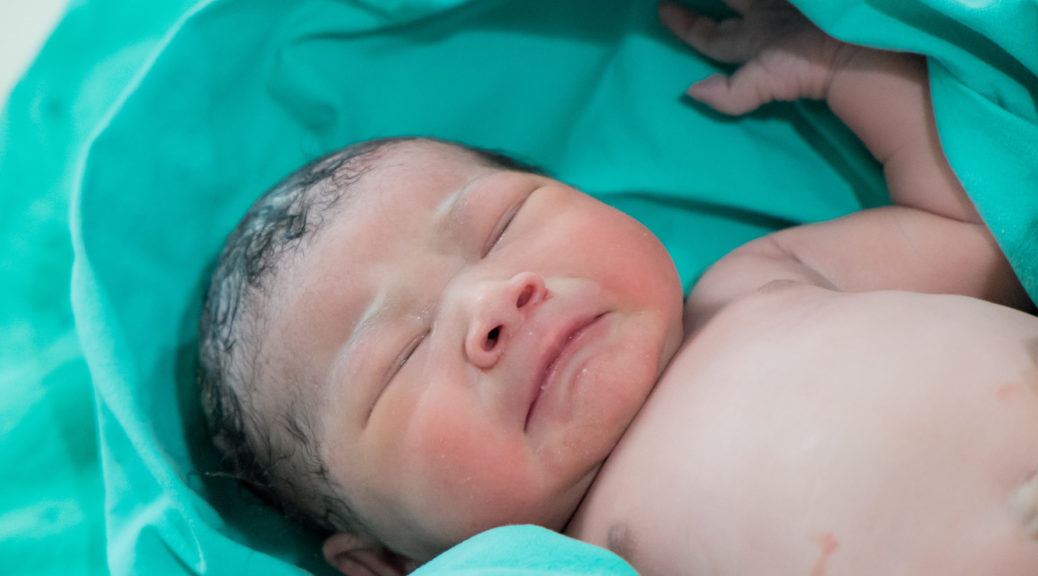
International Day of the Midwife: Shortage of Professionals
Today marks the International Day of the Midwife! Congratulations to all midwives!
Midwives are the best-qualified professionals to monitor pregnancy, childbirth, and postpartum care for low-risk births. Numerous studies show that having access to a professional midwife improves health outcomes for mother and baby.
What differentiates a midwife from an ob-gyn/gynaecologist?
Midwives are specialists in the normality of childbirth, while gynaecologists specialise in the care of pathologies or whenever risks and problems arise. As we said, a low-risk, physiological pregnancy should be attended to by a midwife. When there is a pathology and an associated risk, it is the responsibility of the gynaecologist. Midwives are oriented towards preserving the normality of childbirth and providing support to the mother, while gynaecologists are oriented towards intervening to solve problems.
Is it an independent career?
It depends on the country. In the US and in the UK it is, but in Spain, for example, it is a specialisation of nursing studies. The International Confederation of Midwives campaigns for more regulation and improved formal recognition of midwifery education.
Is it better to be attended by a midwife?
As previously mentioned, studies have shown that low-risk pregnancies attended by midwives have, among other things, a lower risk of preterm birth, a higher probability of spontaneous onset of labour, fewer inductions, fewer interventions such as episiotomies, ventouse or forceps, a lower rate of C-sections and higher maternal satisfaction than low-risk births attended by obstetricians.
How do midwifes contribute to women’s health care?
To answer this question, we asked our own midwives in the team. Here are their answers:
Laia Aguilar (LactApp midwife and Director of LactApp Medical): “As a midwife, what I like to do is to accompany each person so that they can find the way to live their own body and their sexuality as they please”. Anna Manubens, midwife and lactation expert from our team: “We are present from the beginning of the menstrual cycle until it ends with the menopause. The midwife is the professional who can accompany you throughout your reproductive life, working for and to maintain your health”.
Is there a lack of midwives?
Unfortunately, yes. Most countries do not have enough midwives and according to the report “The State of the World’s Midwifery 2021” the alarming shortage of midwives amounts to 900,000 professionals globally. The latest data from the Organisation for Economic Co-operation and Development (OECD), from 2017, shows this as well. While it advises that there should be 25.9 midwives per 1,000 inhabitants, most countries fall below: among the 38 OECD member countries, Norway (17.6), Switzerland (17.5) and Iceland (15.7) have the highest rate of midwives, while others such as Mexico (2.5), Spain (5.9) and the United Kingdom (8.2) are at the bottom.
The UK alone lacks more than 2,000 midwives and several trusts had to shut their home birth service, while the total number of midwives continues to decrease. In the US the availability of midwifery care is very limited, resulting in unnecessarily high rates of medicalized births.
Today and this week, the International Confederation of Midwives holds social media and online events and you can find the call under the #IDM2022.
If you have any questions about pregnancy, maternity and breastfeeding, download the LactApp app for Android or iPhone for personalized answers.